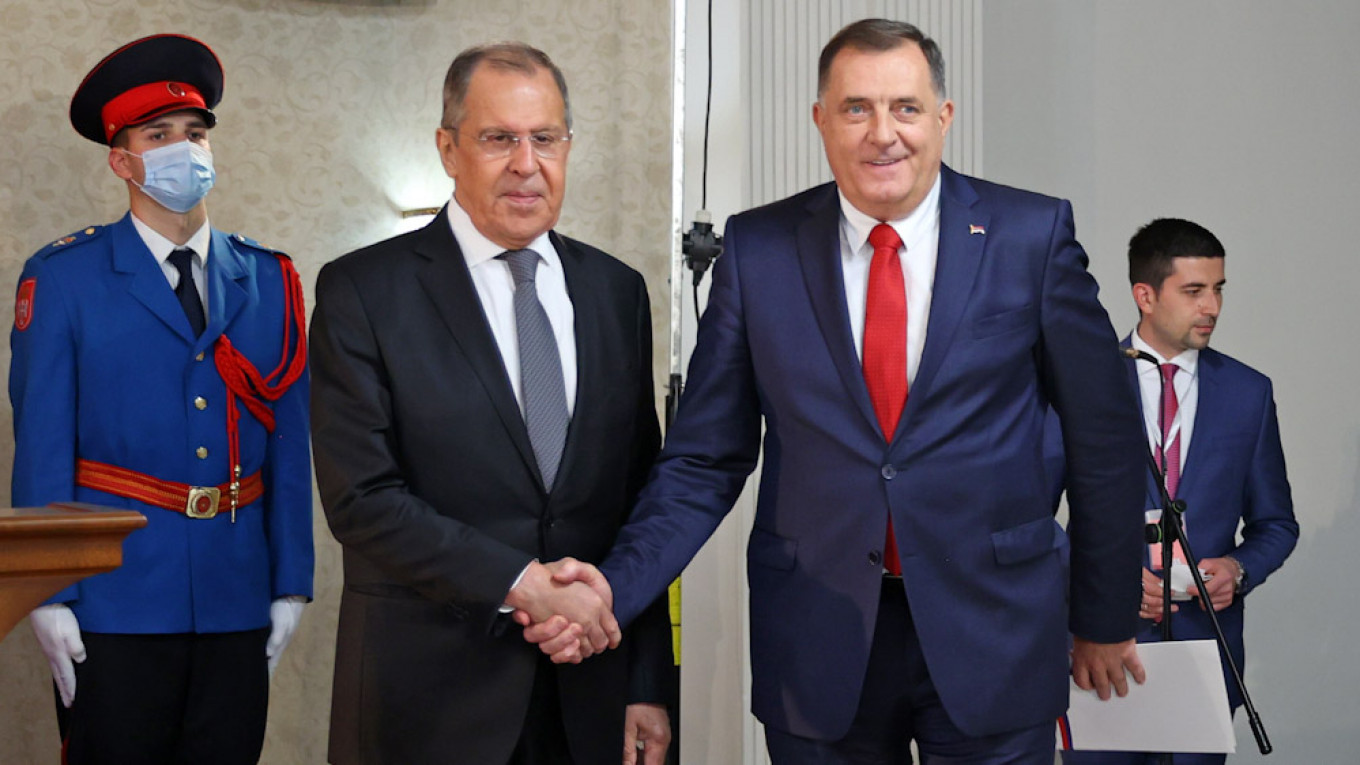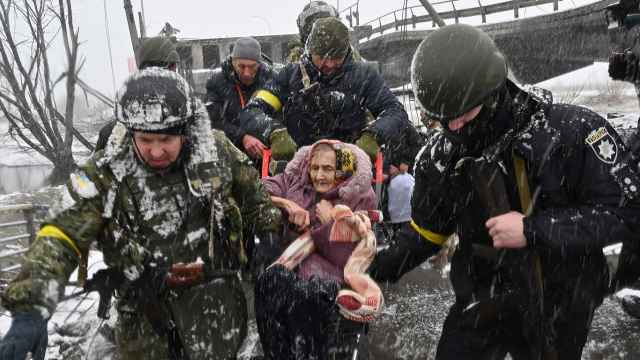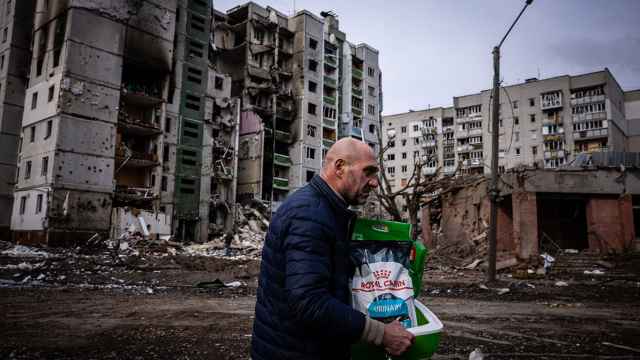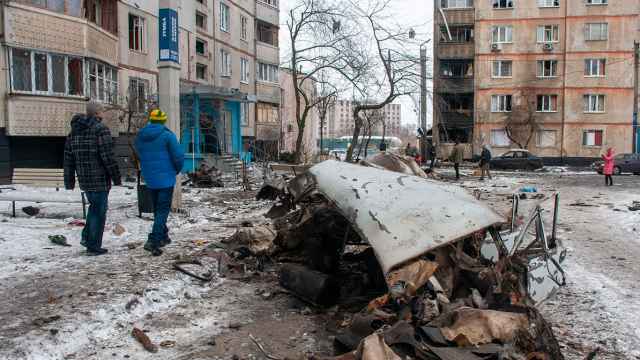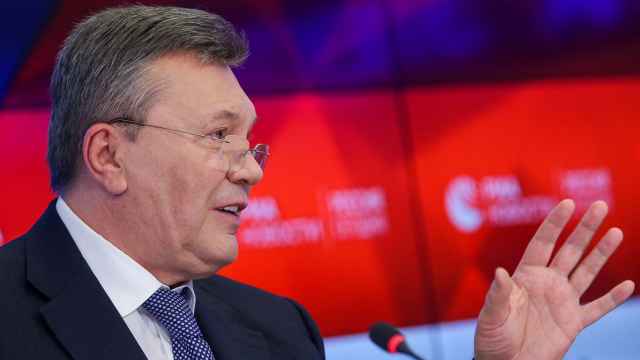Russian Foreign Minister Sergei Lavrov received a 300-year-old gilded icon from eastern Ukraine on his trip to Bosnia-Herzegovina, European media reported Wednesday.
Bosnia’s Serb President Milorad Dodik gifted the Ukrainian Orthodox icon thought to be from the war-torn pro-Russian region of Luhansk, according to Ukraine’s Euromaidan Press news website.
The Ukrainian Embassy in Sarajevo requested detailed information on the origin of the icon, the Bosnian news website klix.ba reported.
Failure to provide information about the Ukrainian cultural artifact would signify Bosnia’s “support of Russia’s aggressive policy and military actions against Ukraine,” the embassy was cited as saying.
A number of Bosnian Serbs have fought alongside pro-Russian separatists in the eastern Ukraine conflict that erupted in 2014, Balkan expert Aleksandar Brezar said on Twitter.
Dodik was the only member of the joint Bosnian presidency to meet Lavrov during his two-day visit on the 25th anniversary of signing of the peace deal that ended the country's 1992-95 war. The conflict between Bosnia's Croats, Muslims and Serbs claimed some 100,000 lives.
Bosnia's Croat and Muslim members of the joint presidency refused to meet with Lavrov on Tuesday after accusing him of "disrespecting" the country during a meeting with their Serb counterpart.
They were insulted notably by the lack of a Bosnian flag during the meeting with Dodik, which had only the flag of the Republika Srpska, the Serb-run zone.
The Balkan state is split into two political halves, a Serb region that is pro-Russian and a Muslim-Croat federation that is pushing for NATO membership.
AFP contributed reporting.
A Message from The Moscow Times:
Dear readers,
We are facing unprecedented challenges. Russia's Prosecutor General's Office has designated The Moscow Times as an "undesirable" organization, criminalizing our work and putting our staff at risk of prosecution. This follows our earlier unjust labeling as a "foreign agent."
These actions are direct attempts to silence independent journalism in Russia. The authorities claim our work "discredits the decisions of the Russian leadership." We see things differently: we strive to provide accurate, unbiased reporting on Russia.
We, the journalists of The Moscow Times, refuse to be silenced. But to continue our work, we need your help.
Your support, no matter how small, makes a world of difference. If you can, please support us monthly starting from just $2. It's quick to set up, and every contribution makes a significant impact.
By supporting The Moscow Times, you're defending open, independent journalism in the face of repression. Thank you for standing with us.
Remind me later.


